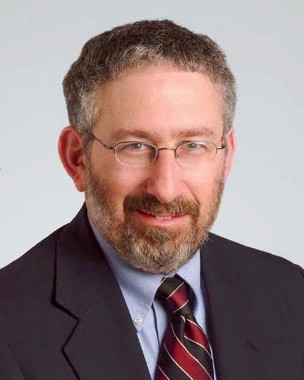Oncology drug shortages in 2011 undermined patient care, increased costs and stalled cancer research, a survey reports.
Anecdotally, the supply picture is beginning to improve, but fluctuations continue and new agents are now in jeopardy, according to study coauthor Lisa Holle, Pharm.D.
"For example, we received a notice recently about vinblastine being on short supply and that was not one of the drugs that came up during our survey as being in short supply," said Dr. Holle, immediate past-president of the Hematology/Oncology Pharmacy Association (HOPA), the study’s sponsor.
As seen in other studies, liposomal doxorubicin was the most difficult chemotherapy medication to obtain when the study was conducted in September and October 2011, followed by fluorouracil, leucovorin, paclitaxel, cytarabine, and doxorubicin. Shortages of nitrogen mustard, which had been linked to a greater risk of relapse for some young Hodgkin lymphoma patients, were reported by only two respondents.
Of the 243 respondents, 97% reported a delay in administering chemotherapy or having to change to a different treatment regimen for one or more disease. Delays were most frequent among patients with ovarian cancer (52%), colorectal cancer (51%), breast cancer (49%) and acute myeloid leukemia (35%), reported Dr. Hoppe, a Board-certified oncology pharmacist with the University of Connecticut, Storrs.
The results provide some alarming details on the impact of drug shortages across the United States including the use of unproved alternative regimens, dose reductions to conserve supplies and even stockpiling of medications.
In the treatment of breast cancer patients, for example, 20% of participants reported changing to another regimen when the cornerstone drug paclitaxel was scarce, 5% said they omitted the drug altogether without a substitution, and 4% reduced the paclitaxel dosage.
Scarcities of cytarabine, a drug that has no therapeutic equivalent for acute myeloid leukemia (AML), forced 12% of respondents to change to another regimen for their AML patients, 10% to omit the drug without substitution and 11% to reduce cytarabine doses in an effort to conserve the supply for future doses or other patients.
Use of these less-familiar medications can lead to medication errors or patient harm, warn the study authors, led by Ali McBride, Pharm.D., of Ohio State University in Columbus.
Indeed, 16% of respondents reported near-miss medication errors because of an oncology drug shortage, 6% said the error reached the patient and 16% said their patients experienced adverse outcomes such as increased toxicity (50%), cancer progression (15%), cardiac events (5%) and emotional distress (3%).
Two patients were reported to have developed encephalopathy during a shortage of an intravenous multivitamin, while one patient reportedly died from incorrect medication dosing after switching to epirubicin therapy during a daunorubicin shortage.
Importantly, 44% of institutions reported that drug shortages affected clinical trials. Typically, this meant delays in patient enrollment (44%) or not enrolling patients at all (67%), but participants also reported changing medications used in a trial, completely omitting a medication from a protocol, and stockpiling drugs "often at the expense of nonresearch patient(s)" to ensure that a clinical trial could be completed.
Failure to enroll patients or changing agents in the active or comparator arm has serious consequences not only for the patients involved in the trial, but can stymie research because investigators don’t fully understand what the results of those trials mean because not all the patients received the same therapy, Dr. Holle said.
"It can potentially delay effective regimens from becoming the standard of care because either there aren’t enough patients to complete the trials or the analyses have to be considered with these changes that occur," she said.
This is particularly detrimental in a disease state that relies more heavily than others on clinical trials to advance and improve patient care, she added.
Finally, 85% of respondents said oncology drug shortages resulted in increased costs for their institution and 34% reported spending an extra 20 hours a week managing the drug shortages.
Roughly 28% resorted to buying drugs on the grey market – supply channels that are unofficial, unauthorized, or unintended by the original manufacturer – with 14% reporting they paid at least 100% more than fair market value.
The Food and Drug Administration Safety and Innovation Act, often referred to as the FDA user fee reauthorization, contains several provisions aimed at mitigating drug shortages including expedited review and inspections by the FDA when necessary and adjustments in the quotas for controlled substances. When it was signed into law in July 2012, drug manufacturers were also required to notify the FDA at least 6 months in advance of any discontinuation or interruption in the production of lifesaving or life-supporting drugs, but there are no penalties for noncompliance.



